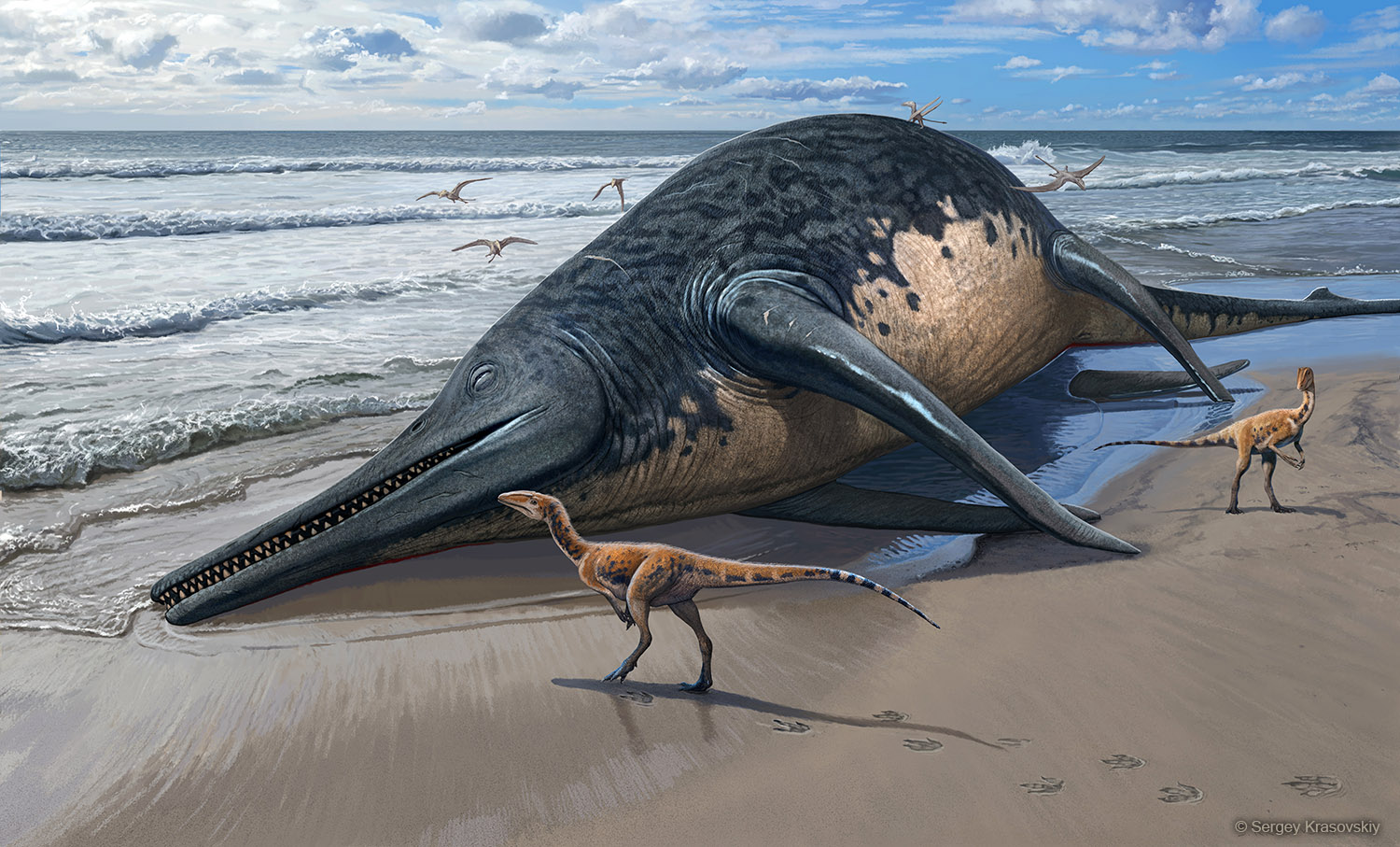-
Women with BRCA genes who get breast cancer within 10 years of giving birth more likely to die
JAMA Network Open
US and UK scientists looked at data for 903 British women with cancer-causing BRCA genes, and found those who were diagnosed with breast cancer within 10 years of giving birth were more likely to die from the disease than women who were diagnosed Read more about Women with BRCA genes who get breast cancer within 10 years of giving birth more likely to die
InternationalOregon Health & Science University, USA -
It's what you eat, not when you eat, that helps you lose weight on a time-restricted eating diet
Annals of Internal Medicine
The natural reduction in calories a person consumes when doing a time-restricted eating diet is likely the reason they lose weight, rather than the time window itself, according to international researchers. The team randomly assigned 41 adults with Read more about It's what you eat, not when you eat, that helps you lose weight on a time-restricted eating diet
InternationalJohns Hopkins University School of Medicine, USA -
Uncovering key players in gene silencing: Insights into plant growth and human diseases
Nature Plants
Monash University biologists have shed light on the intricate molecular mechanisms that are responsible for gene silencing induced by expanded repeats in an international study published today in Nature Plants. Monash University biologists have shed Read more about Uncovering key players in gene silencing: Insights into plant growth and human diseases
Australia; VICMonash University -
New link between Irritable Bowel Syndrome and the cardiovascular system found
Cellular and Molecular Gastroenterology and Hepatology
New research published today in the journal Cellular and Molecular Gastroenterology and Hepatology sheds light on disease mechanisms common to irritable bowel syndrome (IBS) and cardiovascular diseases (CVD). New research published today in the Read more about New link between Irritable Bowel Syndrome and the cardiovascular system found
Australia; NSWMonash University|Baker Heart and Diabetes Institute -
Do-do, do-do, do-do baby sharks prefer to be close to shore? Yes, say scientists
Frontiers in Marine Science
Young great white sharks gather in nurseries in shallow waters close to shore, a very different habitat to that favoured by adults, according to US scientists. Studying a population off California, including 22 tagged sharks aged between one and six Read more about Do-do, do-do, do-do baby sharks prefer to be close to shore? Yes, say scientists
InternationalCalifornia State University, USA -
Dynamic DNA structures and the formation of memory
An international collaborative research team, including scientists from UQ’s Queensland Brain Institute (QBI), has discovered a novel mechanism underlying memory involving rapid changes in a specific DNA structure. The team found that the DNA Read more about Dynamic DNA structures and the formation of memory
Australia; QLD; ACTQueensland Brain Institute|The Australian National University... -
How a father’s diet could shape the health of his offspring, in mice
Nature Communications
A mice study suggests a father’s diet may shape the anxiety of his sons and the metabolic health of his daughters before they are even conceived. New research, published in Nature Communications, finds that the macronutrient balance in the diet of Read more about How a father’s diet could shape the health of his offspring, in mice
Australia; International; NSWThe University of Sydney|University of Copenhagen -
This poor soul had COVID-19 for almost 2 years, so long it mutated into a new variant
ESCMID Global Congress 2024
Dutch researchers report the case of an unfortunate 72-year-old immunocompromised man in The Netherlands who remained infected with COVID-19 for 613 days, a period so long the virus evolved into a new variant inside his body. The case is the Read more about This poor soul had COVID-19 for almost 2 years, so long it mutated into a new variant
InternationalAmsterdam University Medical Center (Amsterdam UMC), University of Amsterdam, The Netherlands -
AI chatbots 'hallucinate' a research paper that doesn't exist
JAMA Otolaryngology–Head & Neck Surgery
US researchers describe a weird case in which Google's Bard artificial intelligence (AI) chatbot 'hallucinated' a research paper that doesn't exist. Dr Hayley Born was using Bard to help prepare a presentation, and asked the chatbot to find Read more about AI chatbots 'hallucinate' a research paper that doesn't exist
InternationalColumbia University Irving Medical Center, USA -
Experiencing racism may set you on a path to heart disease via inflammation and sleep problems
JAMA Network Open
A US study of 322 young black adults found experiencing racial discrimination more frequently between the ages of 19 and 21 was linked with higher levels of inflammation, poorer sleep, and an increased risk of developing metabolic syndrome - a Read more about Experiencing racism may set you on a path to heart disease via inflammation and sleep problems
InternationalLurie Children’s Hospital of Chicago, USA










































